-
In this blog, we have discussed the technological intricacies and uses of Ethereum smart contracts. Ethereum blockchain development brought in the idea of business automation through smart contracts and shaped the entire future of blockchain.
Smart Contracts
Smart contracts arise as a feasible blockchain framework for executing transactions between two or more parties. They exploit the features of blockchain potentials to do so. Developers develop a smart blockchain contract to function as a code protocol able to automatically, reliably, and effectively validate, execute, and facilitate a contract without any intermediaries. Smart contract solutions can be used in a conflict-free, open and democratic manner to exchange ownership in the form of shares, real estate, or assets. Since there is no middle guy, the method is also safe and is tamper-proof due to the use of the immutability and cryptography functionality of blockchain.
Ethereum Smart Contracts
The initial introduction of smart contracts coincided with the release of bitcoin — the blockchain launched in 2009. The true usage, though, was first rendered in Ethereum where Vitalik Buterin focused on the proper application of smart contracts. A smart contract is, he believes, a program that uses code to determine the owner of the asset and automates the process for doing so. If a person is not assigned the assets, then the refunds shall be made under conditions laid down in the Smart Contract. Ethereum presented the scripting language and the concept of setting up smart contracts to do more than simply transfer values or assets between peers. It permitted designers to develop their programs via smart contracts, which according to Ethereum white paper are also known as autonomous agents. Ethereum made it easier to promote a greater spectrum of algorithmic commands since it is a "Turing-complete." Multi-signature features are offered by Ethereum smart contracts. This implies that an account(s) can be generated using smart contracts where the expenditure is accomplished based on the agreement of the people within a group. Also, Read | The Ins and Outs of Ethereum Smart Contract Development for Businesses
Why Do We Need Them?
We'll learn in this section why we need smart contracts for Ethereum. As with any smart contract, smart contracts from Ethereum come with its advantages.
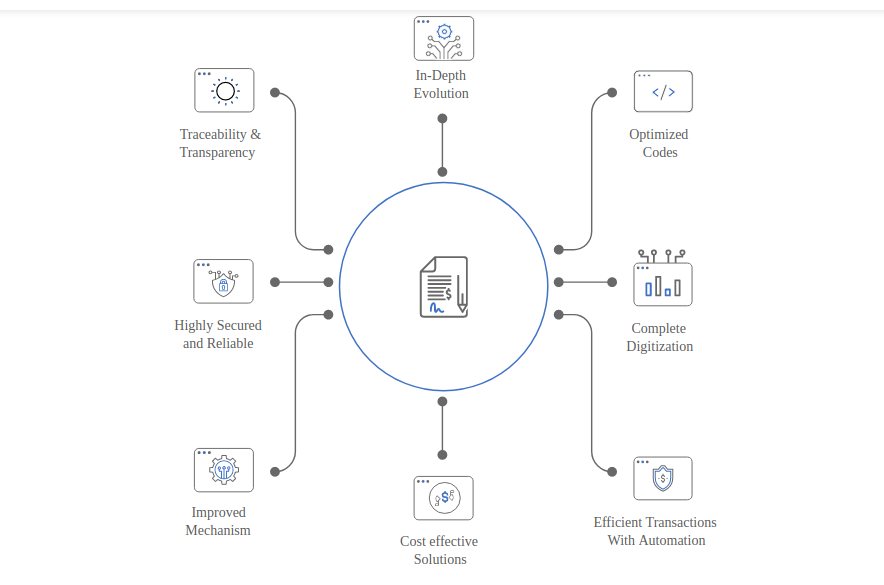
Establishing trust
Smart contracts inculcate confidence in the entire structure or agreement formed by the parties to make transactions. No one will alter the contracts with smart contacts, or change the contract terms. The records are therefore securely maintained with correct methods of encryption, without the need for a centralized authority. The use of smart contracts often gives trust to the parties, without having to know the other party entirely.
Achieving autonomy
Using a smart contract brings autonomy, as no third-party intermediary party is needed to enable the transaction or the contract.
Increasing cost-efficiency
Using smart contracts also results in benefits for the trade parties involved. The savings are rendered by eliminating needless agents of the company, notaries, assistance, or some other intermediary type. The smart contract removes, in simple words, the extra fees associated with most services out there.
Strengthening Security
Compared to other types of traditional contract management methods, smart contracts are safe. Smart contracts can be hard to hack if properly implemented. They use cryptography, after all, to do nothing that can be manipulated or altered.
Enabling accuracy
All transactions performed using smart contracts are precise and have no errors taking into account that the smart contract at the moment of creation was evaluated well before it was made live. Also, Read | Applications of Smart Contracts in Businesses
What Are the Use Cases
Ethereum smart contract use cases are used in multiple usages. Let's go over them one by one, quickly.
Contract Management
The use of smart contracts for contract management can also automate its related work processes. Using smart contracts also means better management confidence as the source of information is a single ledger that is constantly updated with new, verifiable information. Other advantages involve accountability, accuracy, and automation processes. When you have a common source of knowledge delivery that does not rely on a centralized strategy, there's no point going back and forth for permissions and negotiations. This takes communication to a whole new stage, with little reliance on other systems and less chance of exchange and use of misinformation. This also deals with arbitration and litigation.
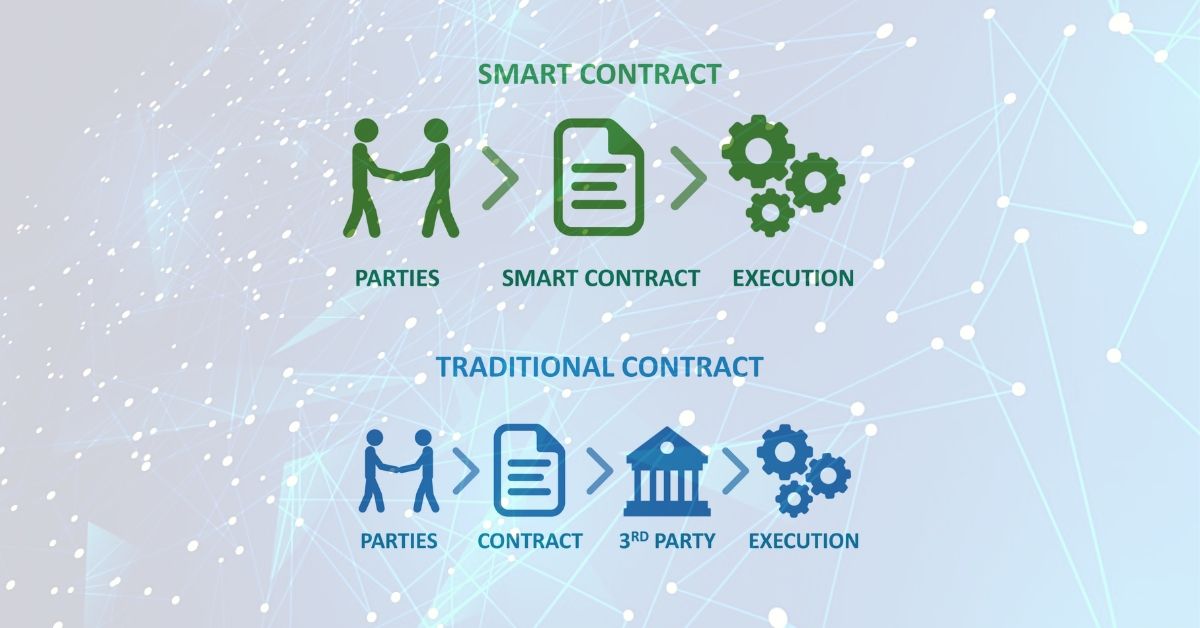
Supply Chain Management
No question supply chain management with blockchain smart contracts is one of the top use-cases. Any supply chain which uses Ethereum will benefit from what smart contracts Ethereum can do. A distribution system, for example, that uses smart contracts can monitor the product, the state it is in, and other important information that was not feasible without using the smart contracts or ledger framework. Smart contracts are also capable of buying items instantly if the stocks run low. This is a big thing for retailers or online supply chain markets because they don't always have to keep tabs on what to restock, allowing the partners to make the most of the automated system. Another advantage of using smart contracts is the settlement of conflicts within the supply chain. Conflicts are resolved within minutes, as everything is monitored.
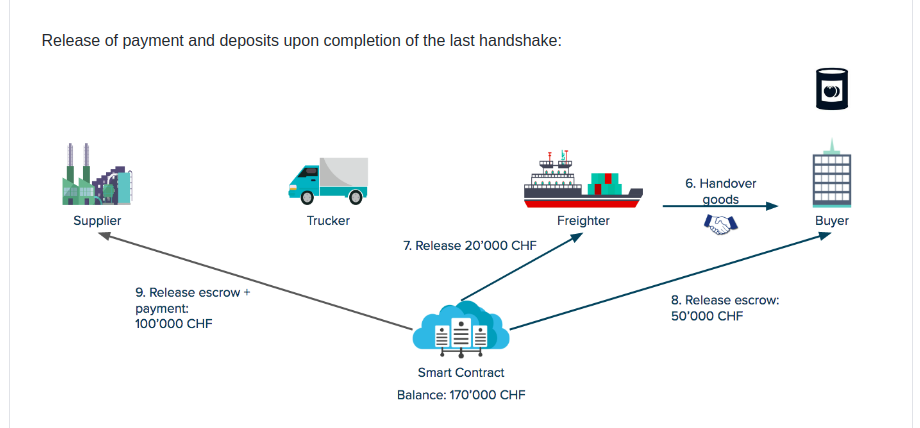 Source: https://github.com/validitylabs/TradeManager
Source: https://github.com/validitylabs/TradeManagerReal estate
Have you ever talked of buying a home, and instead chose to postpone it because of the lengthy process of having one? There are verification processes, not to mention, that can take quite some time before you can get ownership of your new home! All of these can be streamlined and automated with the deployment of smart contracts for real estate. They can regulate the entire procurement process and transfer ownership from seller to buyer. The contract can be finally agreed before it is going live and then configured into a smart contract. The customer needs to pay for payments or the bill is completed. When done, the ownership of the new house is automatically transferred.
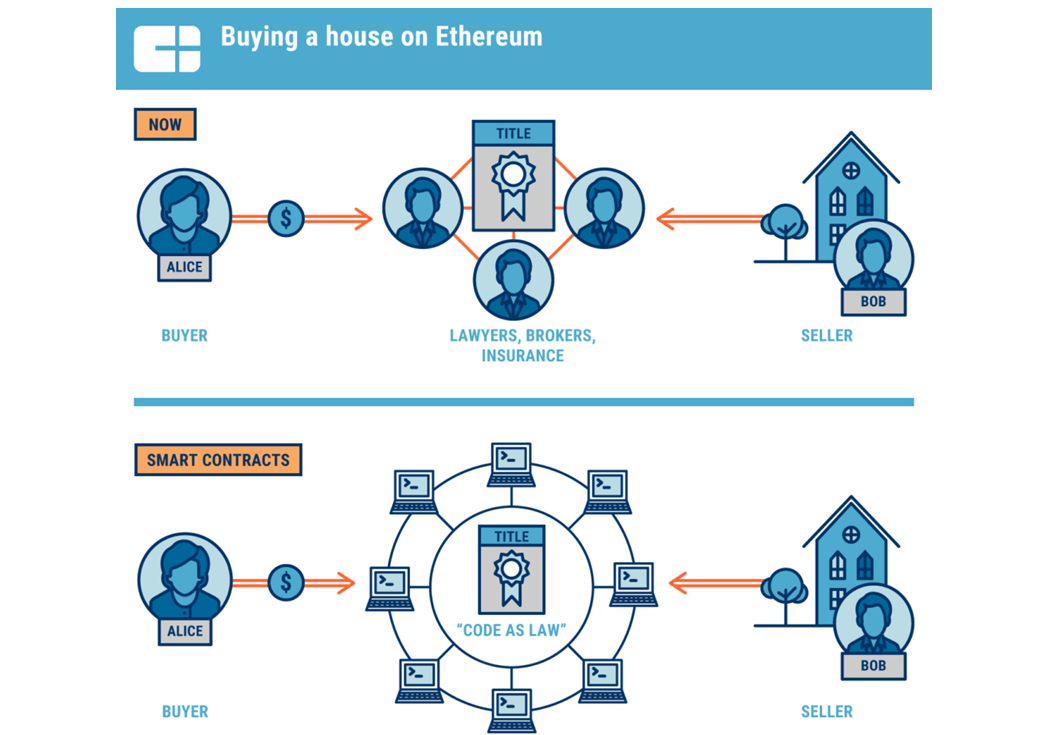 Source: CBInsights
Source: CBInsightsHealthcare Processes
The last use-case of an Ethereum smart contract is healthcare. At present, healthcare is suffering from problems and obstacles when it comes to providing patient service. One of those issues includes storing and keeping personal health records for the patient. Because each health care provider has its archive and system to handle them, service providers can't view past information. This adds to contradictions in the way patients are treated. Also, without a sufficiently organized network, it may even become a problem to get insurance claims. Smart contracts running on the Ethereum network will address healthcare issues by building a healthcare infrastructure that allows access to patient accounts through a transparent network. It also increases check results, compliance with laws, and supervision of medication stocks.
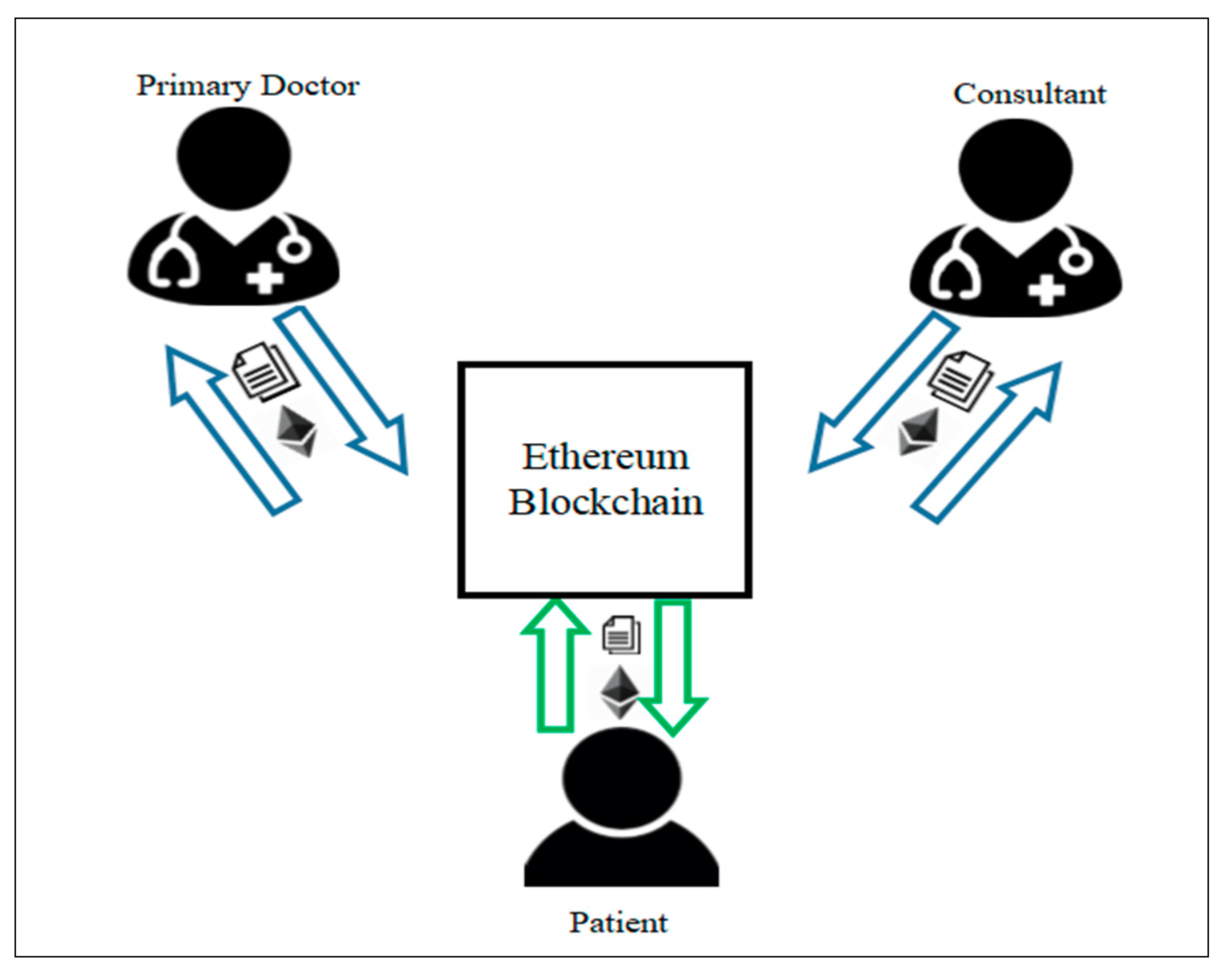 Source: https://www.mdpi.com/2079-9292/9/1/94/htm Also, Read | Ethereum Blockchain Applications and Use Cases in Healthcare
Source: https://www.mdpi.com/2079-9292/9/1/94/htm Also, Read | Ethereum Blockchain Applications and Use Cases in HealthcareConclusion
Smart contracts on Ethereum are here to stay. They enable the operation and integration of blockchain technologies without the need for a centralized authority. The fact that there are plenty of use-cases for smart contracts out there makes them much more valuable for out there companies. So, what do you think instead of smart contacts? Let us know below in the comment section.

Our Offices
INDIA
Emaar Digital Greens, Sector 61,
Gurugram, Haryana
122011.
Welldone Tech Park,
Sector 48, Sohna road,
Gurugram, Haryana
122018.














